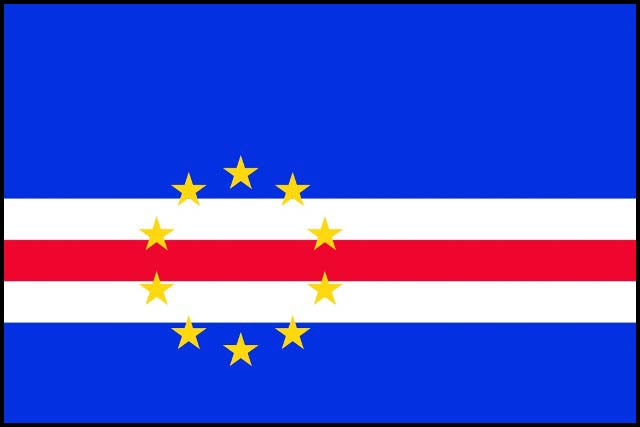From 14 to 15 March 2023, Members of the Management Committee of the ECOWAS Regional Food Security Reserve (RFSR) will meet for the second time in Bissau after the first meeting held in December 2019 in Conakry.
This platform will enable ECOWAS to report and inform on the Regional Food Reserve's activities since the December 2019 meeting, the challenges related to the operation and sustainability of this instrument and gather orientations and pieces of advice from Committee Members for the continuation of the RFSR activities, particularly those planned for 2023.
To recall, the mandate of the Management Committee is to manage the operations of the Regional Food Security Reserve. In other words, the Committee decides on purchasing operations, storage sites and interventions, in strict compliance with the rules adopted by the ECOWAS statutory bodies and set out in the Procedures Manual of the Food Reserve.
Created in 2013 by a Supplementary Act to the revised ECOWAS Treaty, the Regional Food Security Reserve is a regional solidarity mechanism for Member States to (i) improve the response to food and nutrition crises at the local, national, and regional levels, (ii) reduce dependence on International Aid and (iii) promote a storage system geared towards emergency response.
With ECOWAS internal funds and with the technical and financial support of partners, mainly the European Union, a physical stock of 36,800 tonnes of cereals was gradually built up between 2016 and 2021. With this capital, the Regional Reserve has already intervened 17 times in response to requests from Member States, for a total volume of 54,500 tonnes. The interventions involved availing both food grains and nutritional products to requesting Member States.
These interventions complement the mobilisation of local stocks managed by communities at the grassroots level and national security stocks set up and managed by the States. The Regional Reserve also makes full use of the complementarity of the mandates of regional organisations
















Comments(0)